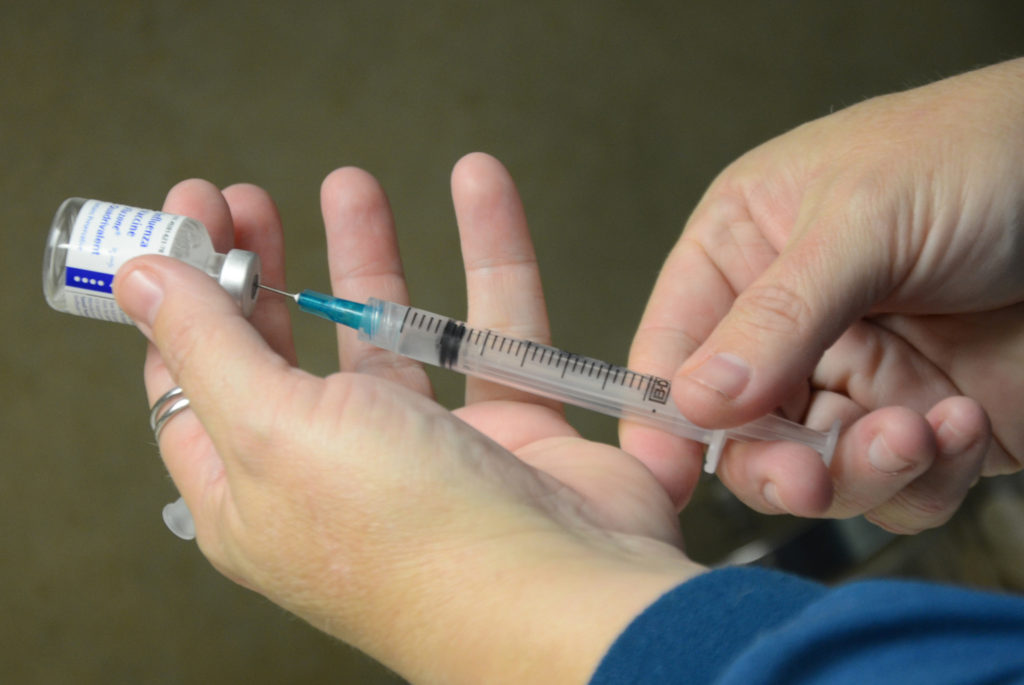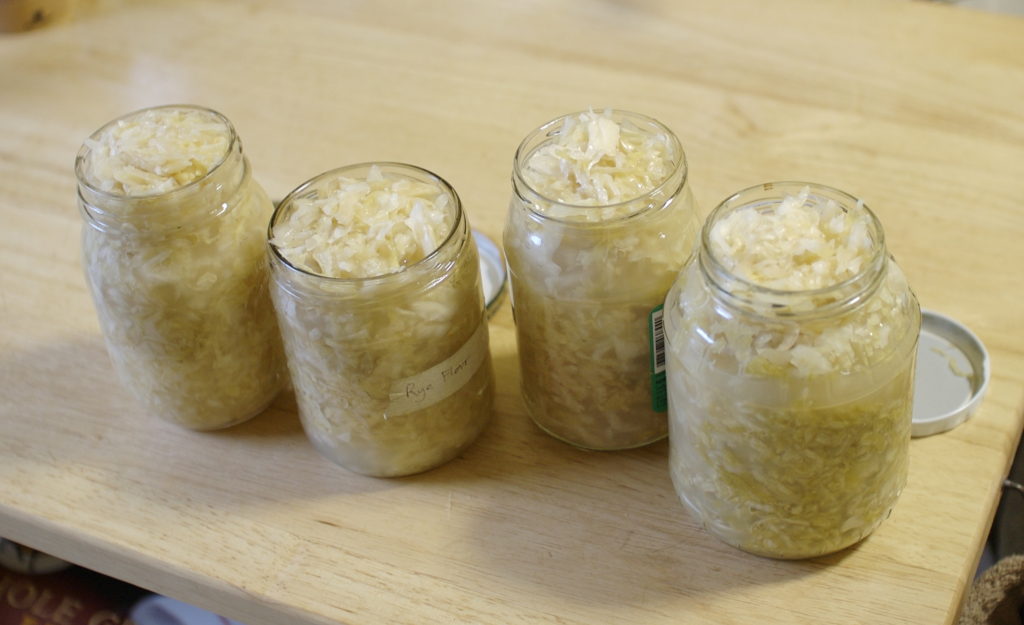
Is There Too Much Salt in Fermented Foods?
Photo Credit: Via Flickr Creative Commons
Fermentation creates a wonderful array of health-promoting microorganisms. Because salt is used to both preserve the food and encourage the growth of good bacteria, many probiotic rich foods like kimchi, sauerkraut and miso are also high in salt. Other probiotic rich foods, however, are low in salt. This includes kefir, kombucha and yogurt. I recommend that you eat a balance of foods that are fermented with salt (like sauerkraut) and those that are low in salt such as non-fat yogurt or kefir. These choices will provide you with plenty of probiotics without excessive salt. (See Ornish Living, Kefir, Kombucha and Sauerkraut: Fermented Foods for Your Heart Health).
Scientists estimate that reducing dietary salt by 3 g per day will improve public health.
Is Too Much Salt Bad for Me?
Yes, it’s true. The last 3 decades of research has shown that eating a lot of salt over a long period of time is very likely bad for you.
The Effects of a High Salt Diet
High salt diets lead to:
- Higher consumption of fat and fatty foods.
- Higher blood pressure.
- Decreased Endothelial Function.
- Higher excretion of calcium.
Salt and Ornish Lifestyle Medicine
Salt will not play a major factor in you health if you have normal blood pressure and keep salt intake either low-to -moderate. (Please see the list below of people who should be more careful) For this reason, Ornish Lifestyle Medicine has not emphasized stopping salt for people who are not in a high-risk group. We recommend keeping salt consumption in the low to moderate range. The Ornish diet is high in potassium. In addition, the synergistic benefits of the 4 elements of the program (Plant-based nutrition, exercise, stress management and group support) help participants attain adequate blood pressure control. In combination, many patients decrease or stop their medications. (See Ornish Living, I am Happy to Say that I Take Zero Medications Now!)
Potassium is Protective
Potassium rich foods are found in abundance in many fruits and vegetables and are moderately protective of the negative health consequences of salt. So your chances of having health consequences with excess salt are lower with a plant-based diet.
Scientists estimate that reducing dietary salt by 3 g per day will improve our overall public health. The annual number of new cases of CHD could drop by 60,000 to 120,000, strokes by 32,000 to 66,000, and myocardial infarction by 54,000 to 99,000. It would reduce the annual number of deaths from any cause by 44,000 to 92,000. All segments of the population would benefit.
There are certain people who would benefit more:
- African Americans.
- Women would see a reduction in strokes.
- Older Americans would see a reduction in CHD events.
- Younger adults.
Here is a brief list of people who should take even more care with salt:
- People with high blood pressure.
- Those with Chronic Kidney Disease (CKD), especially in its early stages.
- Diabetics whose blood vessels are more easily damaged if they eat a high salt diet.
- Those with a genetic tendency to under-excrete salt. This includes many African Americans and indigenous cultures.
- People with Osteoporosis, as they excrete more calcium if they eat a high salt diet.
Changing Your Salt Habit
The majority of studies find that the health risks associated with the level of salt you consume decrease if you consume moderate levels. There are also complementary health benefits by shifting to a high potassium nutrient dense diet.
More good news: our desire for salty food is not fixed. Your palate has been trained to like salt. After about 30 days to a few months of eating less salt, your palate will adjust. You won’t want to go back, or if you do, you will likely say, “this food is too salty!”








